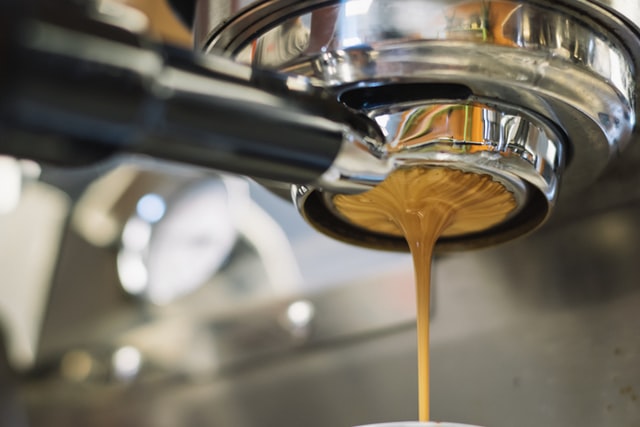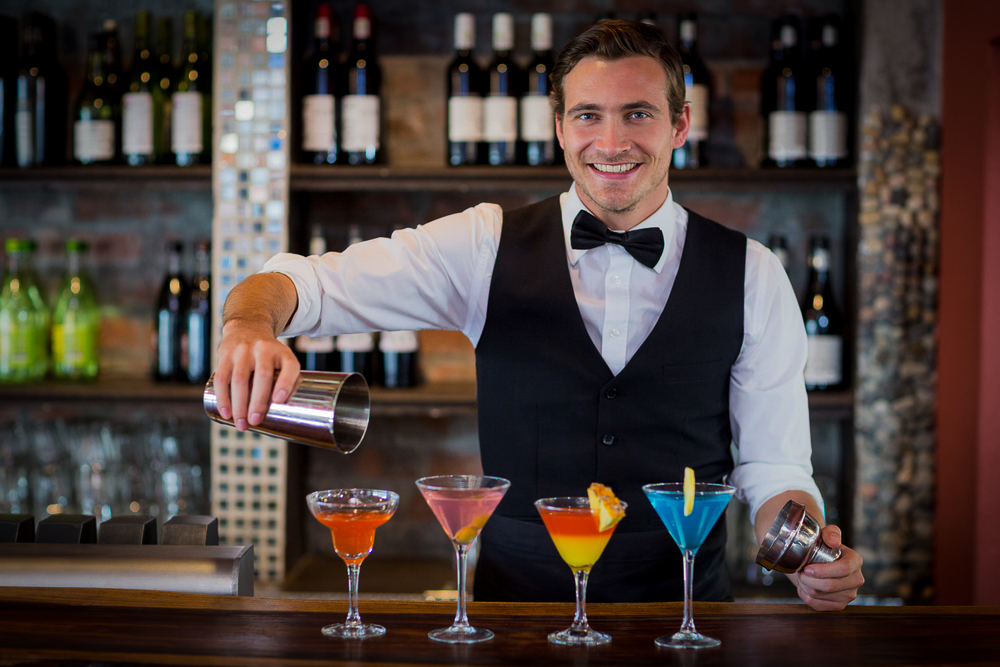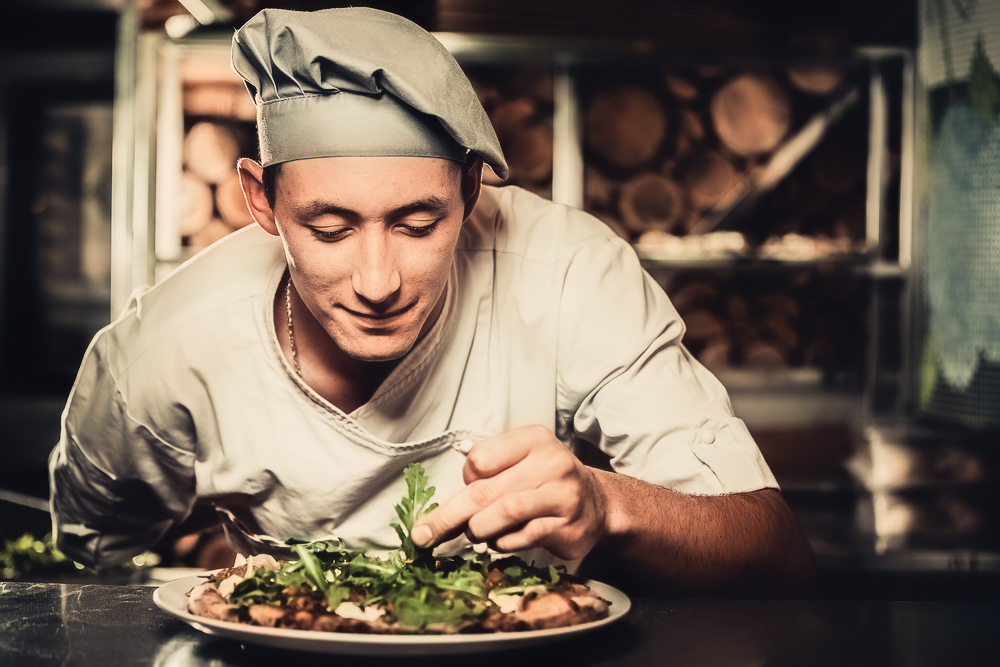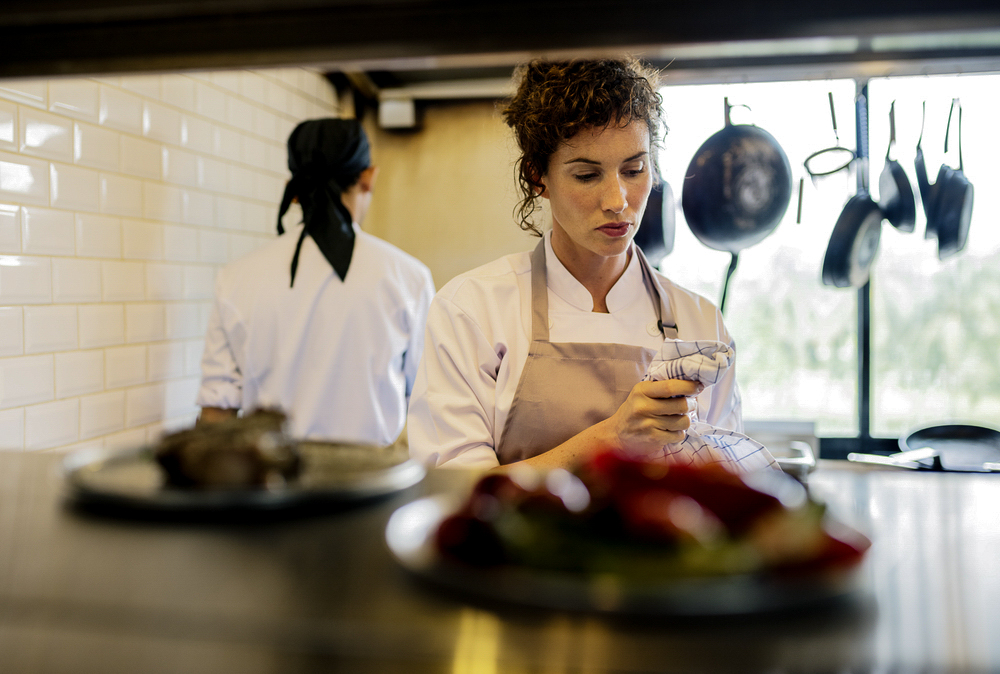
The term barista is derived from the Italian word for bartender. And while it is now used as a job title for a coffee artist or master working in coffeehouses, cafes, and restaurants, it still has something in common with bartending. That is, both positions require a perfect combination of knock-out customer service along with the ability to make and serve exceptional drinks. One is a master of mixology and knowledgeable about alcoholic drinks, while the other is a master of espresso and coffee-based drinks. But nobody is born with the skills required to be a barista. Instead, they have learned certain skills, and developed others through hours of practice. So, how does one go about becoming a barista?
Check Your Soft Skills
Soft skills are a mix of people–or interpersonal–skills and character or personality traits. They are skills you develop as you grow, attend school, and at work. Most jobs depend on candidates having certain soft skills, and being a barista is no different. Some core soft skills you should have include:
- Attention to detail,
- the ability to multitask,
- being great at solving problems,
- incredibly friendly and outgoing,
- able to remain calm under pressure.
Each of these are crucial to the role of barista, and while you can develop them further while working, they should already be evident. As should a passion for coffee in all its forms.
Get the Hard Skills
Hard skills are technical skills acquired through training. This can either be on-the-job training–as an apprentice–or through formal training, ideally accredited and linked to a nationally recognised qualification. Both options are suitable pathways to becoming a barista, but nationally recognised training can give you an edge and a faster pathway to being a true barista.
There are several training courses available that are aligned with what a master barista does. However, some are non-accredited, and successfully completing them will see you presented with a Certificate of Participation only. Successfully completing an accredited course will see you receiving a nationally recognised Statement of Attainment. Naturally, completing an accredited course, such as the Barista Coffee Master Class, carries more weight and equips with crucial skills. These include safe food handling practices, cleaning and maintaining the espresso machine and grinder, along with skills on pouring different coffee beverages and milk texturing, amongst others.
But non-accredited courses are not without any value for aspiring baristas. The Barista Coffee Course, Coffee Appreciation Course, and Latte Art training presented at Coffee School all equip you with basics skills that complement formal training. And while the latte art training does require you to have already completed an accredited course–or already industry experience making coffees–there are no entry requirements for the others, including the Master Class. Meaning you can acquire skills regarding roasting and creating latte art before you even start working as an entry-level barista trainee.
Keep Learning & Keep Practicing
The best coffee masters know that a great barista never stops learning. Whether that means taking other hospitality courses that support the skills needed by a barista or practicing during quiet periods at work. Staying abreast of ongoing developments and changes within the world of baristas and coffee is equally important. The variety of coffee beverages offered on most menus is nothing like it was two decades ago. And that is all because of baristas continuing to learn and practice.




